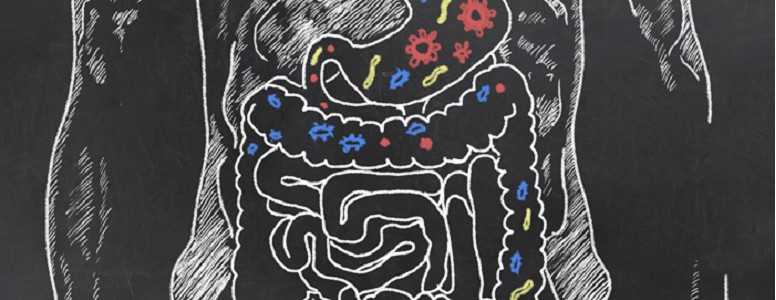A new study led by Yale University reports that changes in the gut microbiome could be a factor in the development of type 1 diabetes.
Senior author Li Wen and colleagues studied a specific immune cell known as CD8 T, and observed that a protein in the gut bacteria had a “molecular mimicry” to a protein in pancreatic beta cells, which produce insulin.
This similar molecular structure was found to trigger the immune system to attack the insulin-producing cells in the pancreas that they mimicked.
The findings were made following studies on non-obese diabetic mice, and demonstrated that CD8 T cells can be regulated by the gut microbiota. Specifically, a protein called MyD88 was found to mediate CD8 T cells.
Wen said: “Presence of similar bacteria that could act as a mimic in the individuals who are susceptible to type 1 diabetes may be an additional indicator of the disease risk.
“Thus, we provide evidence of molecular mimicry between microbial antigens and an islet autoantigen and a novel mechanism by which CD8 T cells can be regulated by innate immunity and the gut microbiota.”
Wen added that the findings could have significant implications for type 1 diabetes research. She said that studies investigating gut microbes have already led to some significant discoveries on a number of medication conditions.
Earlier this year, New York University Langone Medical Centre researchers reported that antibiotic use increases the risk of mice developing type 1 diabetes by altering the gut microbiome.
However, Wen noted, the underlying mechanisms by which gut microbes could trigger or protect from diabetes are still not fully understood.
The findings of this study appear online in the Journal of Experimental Medicine.
What's new on the forum? 
Get our free newsletters
Stay up to date with the latest news, research and breakthroughs.






